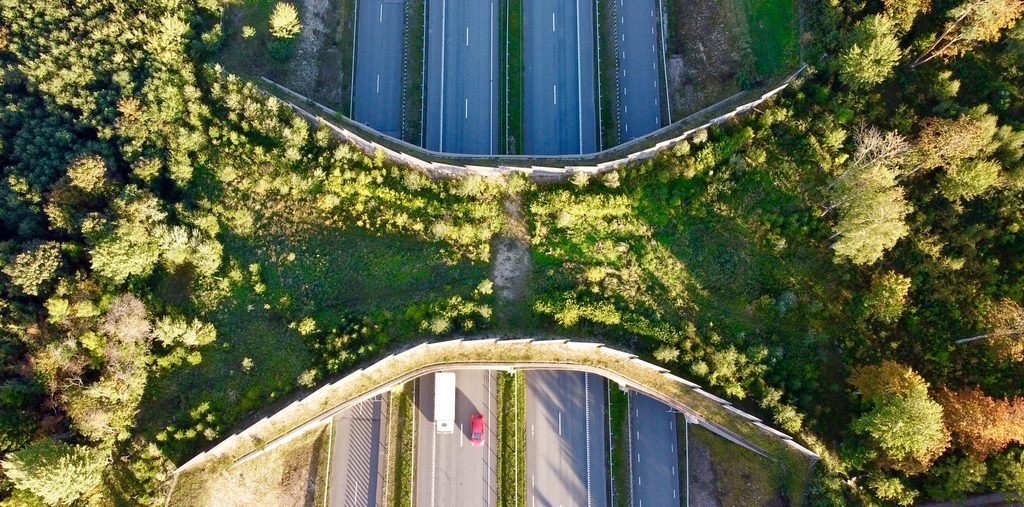Wallonia must invest more into wildlife crossings known as 'ecoducts', which allow animals to cross busy roads and are typically covered in grass or vegetation, RTL Info reports.
While in Flanders, the regional government has invested significantly into constructing new crossings, such as the eco bridge in Groenendael or the new project under construction on the ring road near Halle, Wallonia has been slow to follow suit.
The wildlife crossings aim to prevent habitats from being separated by major roads, as fragmented habitats make it more difficult for animals to find new mates. Each year, around 8 million animals are killed on Belgian roads.
These bridges have proven to be successful in reducing animal casualties and connecting nature areas. One ecoduct installed on the Brussels ring road, bridging sections of the Sonian forest, is reportedly frequently used by animals to cross the road.
In Wallonia, one problematic motorway has been identified: the E411 near Louvain-la-Neuve. "If I were a small mammal, I would not be able to cross this main road because of the traffic," Professor of Conservation Biology at the University of Liège, Marc Dufrêne, told RTL.
Related News
- New ecoduct over Brussels Ring Road to be built in Hallerbos next year
- Plans for nature reserve in Walloon Brabant still under consideration
The purpose of animal crossings is to defragment natural spaces and to allow animals to travel from one side to the other. When separated by roads, animals suffer from problems of genetic diversity which "makes it difficult for them to adapt to changing conditions." This means that the animals will have difficulty in reproducing.
The bridges allow animals to enlarge their habitat, and different species to mix. "Species that were only present on one side of the road may colonise the other side as well," noted Patrick Huvenne, regional manager of the Flemish Nature and Forest Agency.
In Wallonia, there are only around ten ecoducts. Experts believe that the region needs twice this amount.
"There is more than just urgency. We are late. Flanders has invested a lot in the last ten years into this type of infrastructure. It is time that we do the same in Wallonia too," Dufrêne concludes. On a regional level, discussions are underway to develop more of these ecological projects, however finding the funding still remains difficult.

